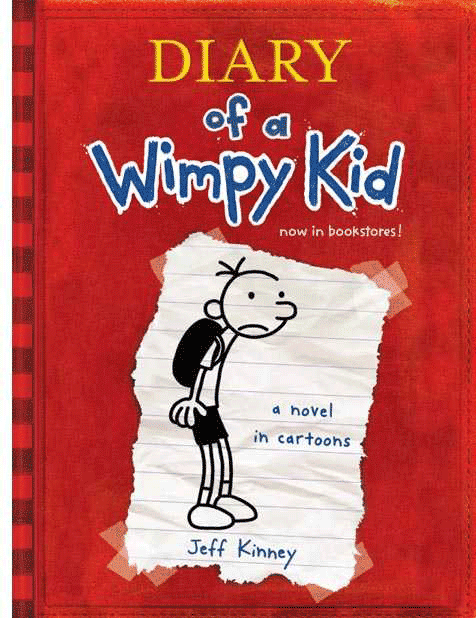The story is narrated by Amir, now living in America, who takes us back to his childhood in a wealthy area of Kabul. He talks about his close relationship with Hassan, his servant, who is socially inferior to Amir not just because he is a servant, but because he is a different type of Muslim. The boys are raised almost as brothers, like both their fathers were a generation earlier. It's easy to see from the very beginning how their social status has affected their relationship and their attitude to eachother, and there are clues there that show a streak in Amir that is often playful but sometimes cruel.
As Amir drops in and out of his narrative, whisking the story from 1970s Kabul to 1980s San Francisco to 2000s Kabul, we witness a whirlwind of human experiences. Friendship, brotherhood, betrayal, cowardice, guilt through to redemption and to what might develop into hope. We see the Kite Running competition that looked like it could repair his relationship with his father and the horrific event that followed it. Loyalties are unquestioningly proven and lives and relationships are altered forever in an afternoon. We also get a sense of how Afghanistan as a country has been changed and eroded under the rule of various invaders, a history that I'm not sure many people in England and Europe would be familair with. For a troubled country that is in the news an awful lot, we as an audience know painfully little about it's history or culture.
 |
| http://www.nottinghamplayhouse.co.uk/whats-on/drama/the-kite-runner/ |
I'm always amazed at how companies like the Playhouse manage to create such a strong atmosphere using such sparse stage materials. Curtains, several movable podiums, a plain rug and a gently sloping half-pipe-shaped piece of tiled ground is all that was needed to create three seperate cities and all the scenes that took place in them- beaches, bazzars, rooms of houses and bus stations. The projected lights were amazing, helping to colour in the scenes and to create and shift moods in a second. I don't know what technical wizardry was happening inside that cityscape cutout, but it was so effective. The Afghan drummer too was so so integral at establishing and maintainging the feeling of the Middle East too. To play constantly for abour 15 minues before the show and throughout the entire thing is a bit of a feat of stamina really...
 |
| http://www.nottinghamplayhouse.co.uk/whats-on/drama/the-kite-runner/ |
An expertly balanced play, a few excellently delivered comedic moments to balance out the grimness and the suffering that is so embedded into the story. Brilliant performances from the cast, as always and a story that is both tragically depressing and beautiful at the same time.
The Kite Runner is showing at Nottingham Playhouse (Its European Premier) until the 18 May. It will then be at the Brighton Festival 21-25 May before moving to Liverpool Playhouse 12 June - 6 July, the play's co-producer.




